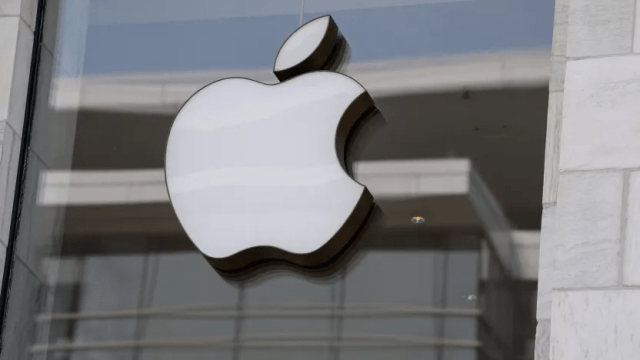Good morning. Monday brought us a life-sized Sylvester Stallone prop, Eminem and Snoop Dogg performing in the ‘metaverse’ and the settling of a four-year-old data privacy lawsuit, but Tuesday in the tech world seems a little less strange…so far. Here’s what you should know.
1. NASA says megarocket could launch Saturday
NASA’s first attempt to launch its Space Launch System megarocket did not go as planned. At 9:10 pm AEST, and with the countdown clock stuck at T-40 minutes, launch director Charlie Blackwell-Thompson declared an official end to the first SLS launch attempt. Imagine the pressure. Officials declared a scrub due an “engine bleed” issue. Sounds ominous, but NASA officials said that a re-attempt on Saturday is not out of the question – only problem for us is that it’s scheduled for 2.48 am.
The launch of #Artemis I is no longer happening today as teams work through an issue with an engine bleed. Teams will continue to gather data, and we will keep you posted on the timing of the next launch attempt. https://t.co/tQ0lp6Ruhv pic.twitter.com/u6Uiim2mom
— NASA (@NASA) August 29, 2022
2. Apple’s secretive AR/VR headset raises more questions
Trademark filings in nearly a dozen countries for names like, “Reality One,” “Reality Pro” and “Reality Processor” have emerged, with speculation that each are referencing Apple’s highly secretive AR/VR headset expected to be released as early as January 2023. The problem is, those trademark applications weren’t actually filed by Apple; however, Bloomberg argues this wouldn’t be the first time Apple worked with other companies behind the scenes to do its bidding.
3. CSIRO offers advice on pandemic prepping
CSIRO has released a report that identifies 20 ways Australia can better prepare for the next pandemic. Specifically focusing on six science and tech areas critical to minimising the impact of pandemics in Australia, CSIRO said it’s crucial we develop national data standards, improve virus knowledge and diversify vaccine manufacturing. It also recommends engaging with global networks during preclinical studies, expanding research capabilities in animal and alternative models and bridging the gaps between research, industry and the health system.
4. Tesla just created a virtual power plant in Japan
Jumping over to Japan and using 300 of Tesla’s Powerwall batteries, households on the island of Miyako-jima have built out a virtual power plant that can send excess power to the electric grid in their area. Virtual power plants are made up of distributed energy storage systems that can feed into an electric grid during times of need. Homes that use solar panels or batteries can install a battery pack, like Tesla’s Powerwall, to store additional power. That extra, stored power, can then be sent to the electric grid during emergency events or blackouts. It’s an alternative to relying on gas-powered power plants.
5. AI model could help epilepsy patients become seizure-free
A study led by Monash University and believed to be a world first has demonstrated that an AI model can potentially predict the best personalised, anti-seizure medication for patients with newly diagnosed epilepsy. The predictive model, once fully developed, would spare these patients the uncertainty of not knowing when their lives would be returned to normal by taking anti-seizure medications, and possibly the harmful side effects associated with some drugs. The model used clinical information of about 1798 patients from five health care centres in Australia, Malaysia, China and the UK and its accuracy has been labelled as ‘modest’.
BONUS ITEM: A man travelled down a river in the U.S. in a…pumpkin. Very Cinderella of him.
Have a good one.
